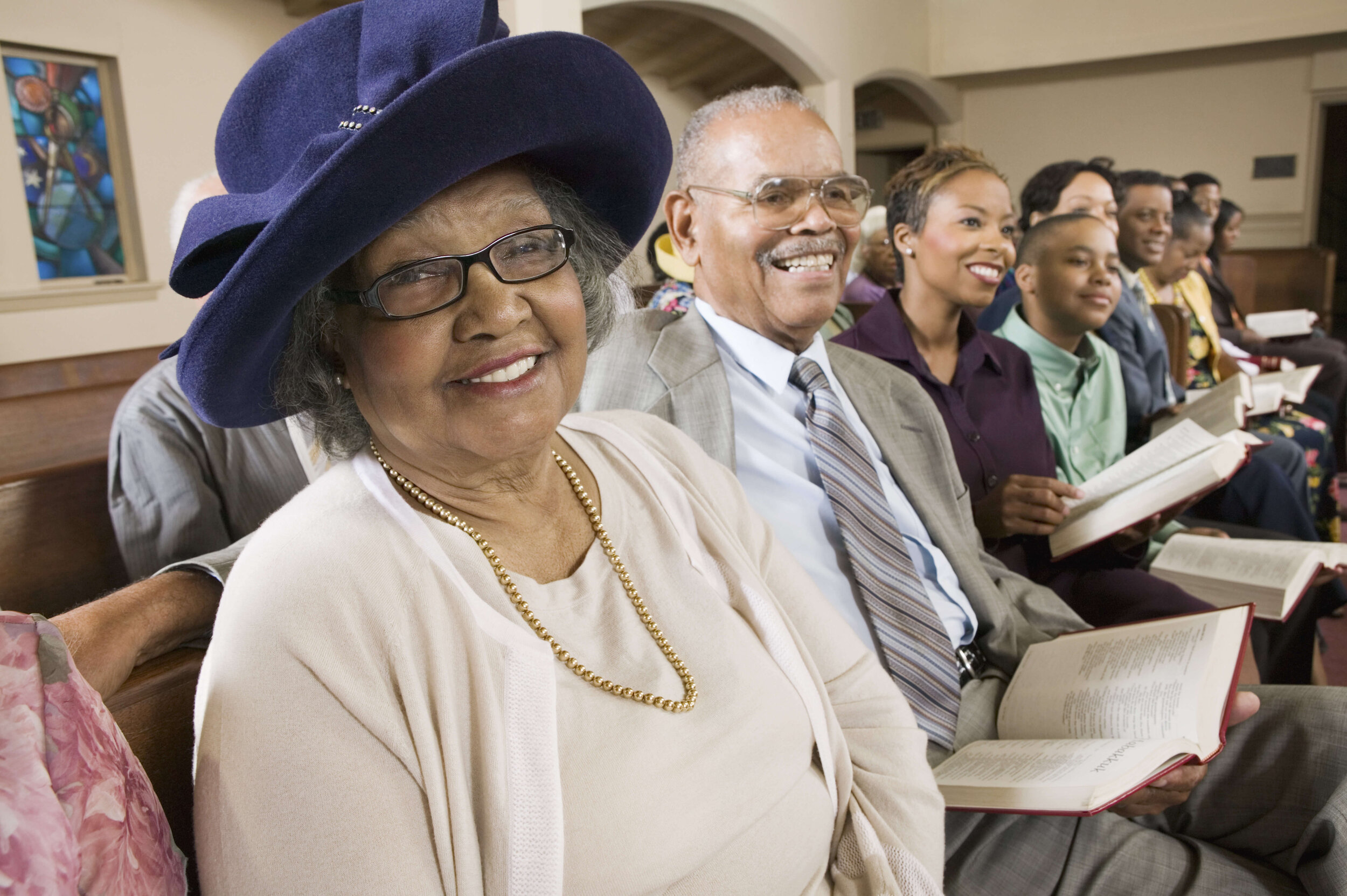
ACP Toolkit
ACCA’s Advance Care Planning Tools For Churches
Congregation Assessment Survey
Developed in collaboration with our evaluation team at UC Davis, the ACCA has created a short survey to help the ACCA and church faith leaders better understand a congregation’s needs related to advanced or serious illness and caregiving.
It helps us to understand how many have thought about how they would like to be cared for if they had an advanced illness, and it will help us to understand how many people in the congregation are touched by advanced illness, as a person needing care or as a caregiver.
The survey also measures congregant advance care planning milestones (naming an agent, advance care planning conversations, completion of advance directives, completion of POLST forms).
This survey is conducted across ACCA churches every few years and the duration of an individual church’s involvement with the ACCA program and placement of a navigator within a church was associated with higher rates of advance care planning milestone completion within members of that congregation.
Extremis Discussion Guide for Faith Leaders
The ACCA, in collaboration with Dr. Jessica Zitter, has developed a discussion guide for faith leaders to accompany the viewing of the Extremis documentary as a way to guide the often difficult conversations around end-of-life care.
With this discussion guide as the foundation, the ACCA has coordinated events bringing Pastors, physicians and faith leaders together to discuss the common destiny of their professions and the power of advance care planning.
This workshop features the screening and discussion of the short documentary Extremis, which follows multiple families in Highland Hospital’s ICU as families struggle to make decisions for their loved ones end-of-life care. After the screening, a discussion guide developed with featured Palliative care physician Jessica Zitter and ACCA faith leaders is used. This guide examines the role of the community faith leader, avoiding the end-of-life conveyor belt, faith and miracles, and racial inequities and medical mistrust. Next, an action plan to develop an advance directive is discussed. These powerful sessions help to build trusting relationships between the faith and health communities while bridging a gap to help congregants and participants think through their wishes at the end of life.
Presentations
ACCA has developed presentations to address serious illness disparities in the African American community.
Our Care Navigators are trained to provide presentations in the following topics:
Advance Care Planning
Hospice
Palliative Care
ACCA’s Advanced Illness Care Program





